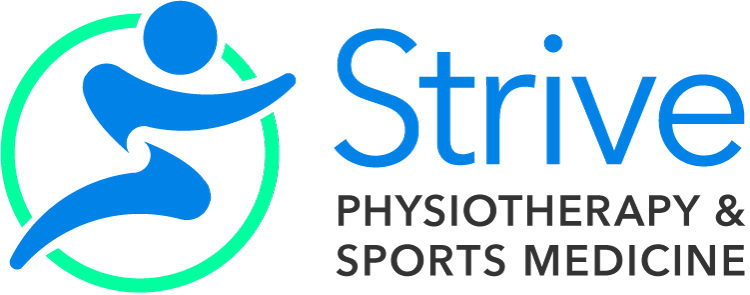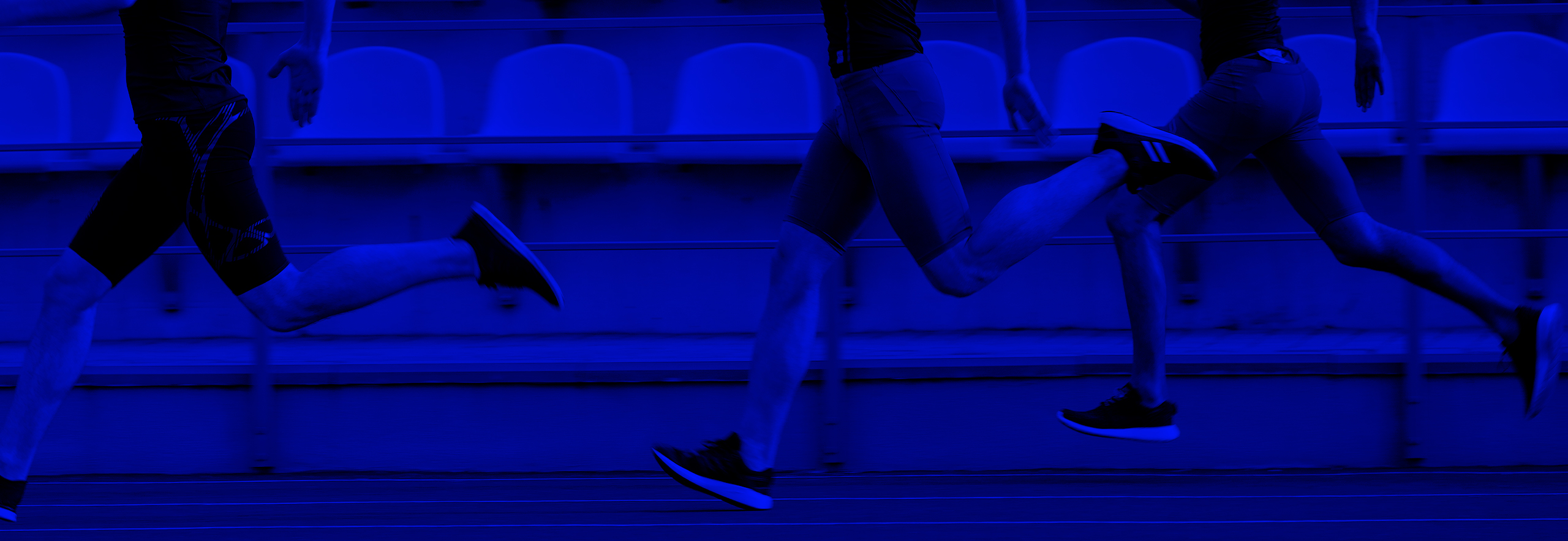The vestibular system is a part of your inner ear and it helps you maintain balance and understand your body’s position and movement.
Vestibular rehabilitation is a specialized form of physiotherapy designed to manage symptoms associated with dysfunctions of the vestibular system. The vestibular system, located within the inner ear, plays a crucial role in maintaining balance and ensuring stable vision during head movements, a function known as the vestibulo-ocular reflex (VOR). Common symptoms of vestibular dysfunction include:
- Dizziness
- Vertigo (a sensation of spinning)
- Unsteadiness and impaired balance
- Oscillopsia (blurred vision with head movement)
- Increased risk of falls due to unsteadiness
What does vestibular therapy involve?
The primary goals of vestibular rehabilitation are to enhance gaze stability, improve balance and postural control, and reduce symptoms such as vertigo and dizziness. This therapy involves a combination of exercises targeting the head, body, and eyes, designed to enhance the function of the vestibular system through adaptation and compensation. Treatment may include hands-on techniques, visual exercises, and balance training, tailored to each patient’s specific needs and goals.
Conditions Managed with Vestibular Rehabilitation Therapy
Vestibular rehabilitation can be highly effective in managing the following conditions:
- Benign Paroxysmal Positional Vertigo (BPPV)
- Vertigo of Unknown Origin
- Vestibular Neuritis/Labyrinthitis
- Head Injuries and Labyrinth Concussion
- Vestibular Lesions
What To Expect In Your First Session
During your initial session, your physiotherapist will perform a comprehensive vestibular assessment. This may involve moving your head through various positions, testing eye movements, and evaluating your balance and gait. Additionally, your physiotherapist will take a detailed health history and discuss your experiences and goals to create a personalized treatment plan aimed at helping you feel better.
Infrared (Vestibular First) Goggles
At our clinic, we use infrared video goggles, also known as infrared video oculography, as part of our comprehensive vestibular assessments. These goggles allow us to closely observe your eye movements, significantly enhancing the accuracy of our evaluations.
Learn from Nicole about her approach to care of BPPV
Why Are Eye Movements Important in Assessing the Inner Ear (or Vestibular System)?
Dysfunctions of the vestibular system often cause abnormal involuntary eye movements (e.g., nystagmus). The vestibular system, through the vestibulo-ocular reflex, helps keep our vision stable by producing eye movements in the opposite direction of head movements, ensuring our gaze remains steady while we move. Due to the close connection between the vestibular system (our inner ear) and the oculomotor system (our eyes), abnormal eye movements can indicate issues within the inner ear (peripheral vestibular system) or the brain (central nervous system).
Advantages of Using Infrared Goggles
The use of infrared goggles in vestibular rehabilitation allows for more efficient and accurate assessments. These goggles enable us to detect eye movements that may not be visible under normal lighting conditions. When wearing these goggles, you are in darkness, which removes visual fixation, allowing us to observe your eye movements through infrared cameras that transmit video images to a computer screen. Some clinical tests can only be performed without visual fixation, making these goggles an invaluable tool.
While infrared goggles provide critical information, they are just one part of the assessment process. Our experienced physiotherapists integrate this information with other assessments to develop a comprehensive understanding of your condition and create an effective treatment plan tailored to your individual needs.

Nicole Cesca
BSc (Honours) in Biochemistry, MScPT, PhD student
Registered Physiotherapist
As a past competitive hockey and soccer athlete as well as a varsity golfer, Nicole developed a keen interest in the biomechanics of the body and how certain exercises can be used to facilitate the body’s healing process. Nicole is devoted to helping others improve their quality of life and being able to function as the healthiest version of themselves. Nicole’s love for golf has led her to continue advancing her knowledge of connection between the body and golf swing. She plans to complete her Titleist Performance Institute (TPI) certification and is passionate about assessing golfers for specific movement patterns and assisting her patients in returning to the course.


